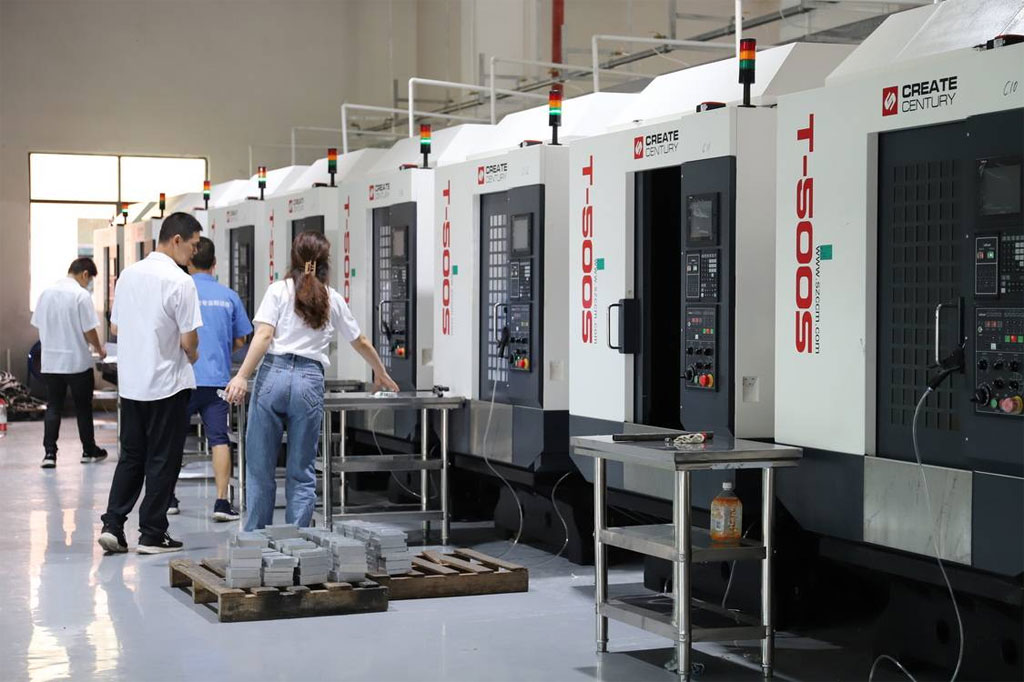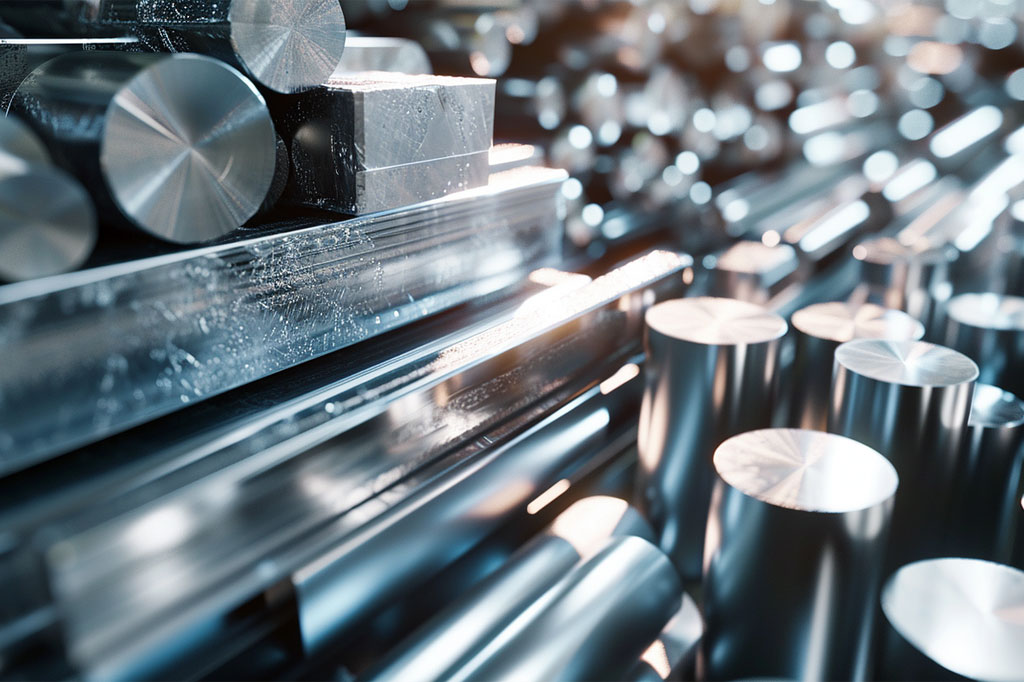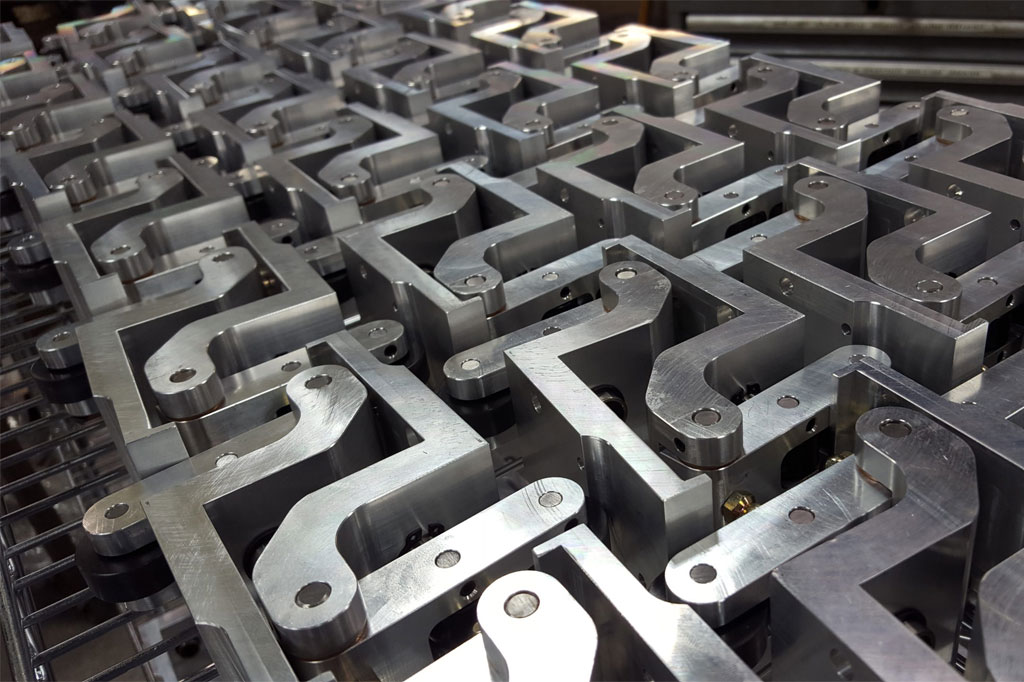For customers, understanding CNC Machining is crucial for budgeting and making informed decisions about which CNC machining company to choose.
In this article, we will delve into the 8 ultimate aspects that impact CNC machining costs, supported by quantitative data wherever possible.
1. Geographic Locations

The location of both the service provider and the manufacturing facility plays a significant role in determining costs.
For example, CNC machining service in North America and Western Europe can range from $100 to $200 per hour, while in Asia countries like China, the rates may drop to $20 to $50 per hour.
This disparity is influenced by labor costs, overhead, and local demand for services.
2. CNC Machining Techniques
Different CNC machining techniques come with varying costs.
For instance, milling and turning can range from $75 to $150 per hour, while more complex processes like electrical discharge machining (EDM) can go as high as $300 per hour.
The choice of technique affects both labor and machine time, ultimately impacting the cost.
3. Precision & Tolerance
Precision requirements significantly influence machining costs.
Standard tolerances of ±0.005 inches may incur lower costs, while tighter tolerances of ±0.0005 inches can increase costs by 20-30% due to additional setup and inspection time.
Projects requiring high precision demand advanced machines and skilled labor, raising overall expenses.
4. Materials

The type of material used can also determine CNC machining costs.
For example, aluminum may cost between $2 to $5 per pound, while titanium can range from $10 to $25 per pound. Specialty materials like stainless steel may fall somewhere in between, around $3 to $10 per pound.
Meanwhile, the material’s machinability also affects costs; harder materials often require specialized tooling and longer machining times, leading to higher costs.
5. Complexity
The complexity of a part directly correlates with machining time and cost.
Simple parts may take only a few hours to machine, costing around $100 to $300.
In contrast, highly intricate designs may require extensive machining and programming time, leading to costs of $1,000 or more for a single part.
6. Production Volume

Production volume impacts cost significantly.
Low-volume runs (1-10 parts) often lead to higher costs per unit, ranging from $500 to $1,500 due to setup fees.
Conversely, high-volume production (100+ parts) can reduce costs to as low as $10 to $50 per unit, thanks to economies of scale.
7. Surface Finishes
The desired surface finish can add to machining costs.
Basic finishes might not increase the price, while specialized finishes, such as anodizing or powder coating, can add $1 to $10 per part.
Additional finishing processes can also extend lead times and labor costs.
8. Professionalism of Service Provider
Finally, the professionalism and reputation of the service provider can greatly affect costs.
Established providers with advanced technology and experienced staff may charge premium rates (up to 50% higher) but often deliver higher-quality products and better turnaround times.

